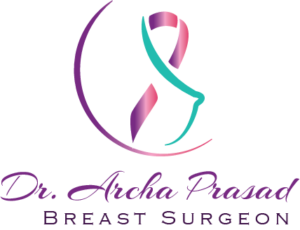PART 3 : HAVING TREATMENT

The treatment team will discuss available treatment options with you and devise a plan based on your needs.
Taking the time to make informed treatment decisions

When it comes to making decisions about treatment, it’s important to take a step back and consider your options.
Don’t rush the process – taking a few days to gather information won’t affect the outcome and can help you feel more empowered about your situation.
It’s also beneficial to discuss your options with someone you trust. This could be a partner, family member, or friend, or a member of your treatment team such as a breast care nurse.
Talking through your concerns can offer valuable perspective and help you make a more informed decision.
Questions to ask your treatment team

Questions you might want to ask your treatment team include:
- Why is this the best treatment for me?
- When will treatment start?
- How long will my treatment take?
- What are the possible side effects?
- Are there any long-term side effects?
- How will the treatment affect my everyday life?
- Where will I need to go for treatment?
Which treatments?

Most people are recommended a combination of treatments.
These may include:
- Surgery
- Chemotherapy
- Radiotherapy
- Hormone (endocrine) therapy
- Targeted (biological) therapy
- Bisphosphonates
Managing the Physical Effects of Treatment

Undergoing treatment for cancer can have a significant impact on your appearance and overall well-being. For instance, surgery can sometimes lead to physical changes. By accessing information about your procedure and what to expect afterwards, you can help prepare yourself for these changes.
Depending on the type of treatment you are receiving, you may experience additional changes in your appearance, such as hair loss, skin irritation, or fluctuations in weight. Although these effects are usually temporary, they can still be distressing. In some cases, these side effects can serve as a visible representation of your cancer diagnosis, such as losing hair.
Fatigue is a common side effect of breast cancer treatment that may persist even after your treatment is complete. Additionally, treatments like chemotherapy and hormone therapy can trigger menopausal symptoms, such as hot flashes.
If at any point you become concerned about side effects, don’t hesitate to speak with a member of your treatment team. In most cases, side effects can be effectively managed or controlled.
Information to help you cope

Titli Breast Care Center has a range of Blogposts, Booklets and Videos about coping with the effects of treatment, including:
- Breast cancer
- Breast prostheses, bras and clothes after surgery
- Menopausal symptoms and breast cancer
- Your operation and recovery


